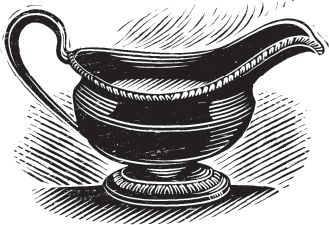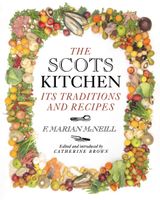Advertisement
The Renascence of Cookery in Scotland
Published 2015

In cookery, as in all the arts, there is a continuous give-and-take among the nations. The Greeks, through their contact with Asia, added a touch of oriental splendour to their banquets;1 the Romans, forsaking their old simple ways, borrowed in turn from the Greeks. Then come the Dark Ages of Cookery, as of all culture, and not till the Renascence—then, too with Italy as the starting-point—does the history of modern cookery begin.2 Hitherto, sophisticated European cookery had remained ‘Gothic’ in character—abundant, costly and over-elaborate. Now began the transition from elaboration to elegance. Herbs and spices, for instance, were used no longer to disguise, but to enhance the natural flavour of a dish. This was indeed a gastronomic revolution.

